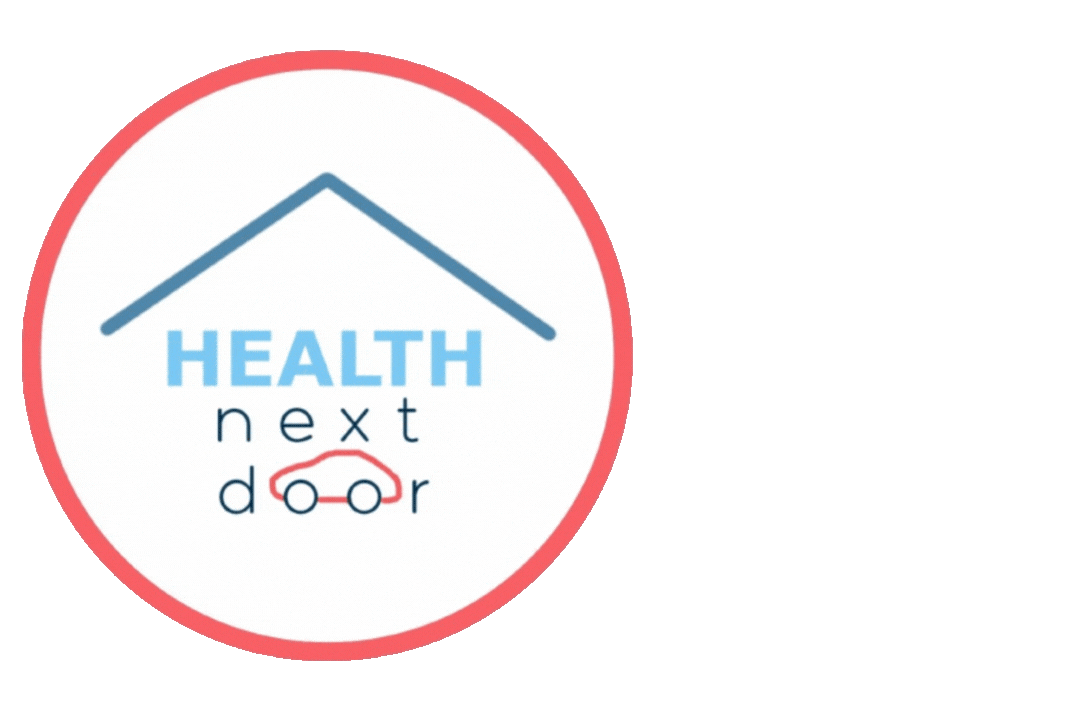Unleashing Hope: The Transformative Potential of Home-Based Physiotherapy in Traumatic Brain Injury Recovery

Introduction:
Traumatic Brain Injury affects millions worldwide each year, stemming from various causes like sports incidents, car crashes, or falls. Its impact on cognitive, physical, and emotional health is profound, necessitating comprehensive recovery strategies. Physiotherapy has emerged as a pivotal element in Traumatic Brain Injury rehabilitation, with a recent shift towards home-based care offering tailored support and convenience. This article explores the diverse benefits of home-based physiotherapy in Traumatic Brain Injury recovery, highlighting its role in reshaping rehabilitation methods and instilling hope amidst challenges.
Understanding Traumatic Brain Injury:
Traumatic Brain Injury occurs when external forces disrupt normal brain function, leading to symptoms ranging from headaches and dizziness to severe motor and sensory impairments. Recovery entails addressing physical, cognitive, and emotional aspects, making it a complex journey.
The Role of Physiotherapy in Traumatic Brain Injury Recovery:
Physiotherapy plays a crucial role in optimizing mobility, strength, balance, and overall functional capacity post-Traumatic Brain Injury. Therapists personalize interventions through exercises, manual therapy, and assistive devices, aligning them with each individual's unique needs and aspirations. While clinic-based therapy has been conventional, home-based physiotherapy offers a more personalized and patient-centric approach.
Benefits of Home-Based Physiotherapy:
Personalized Care: Home-based physiotherapy allows therapists to tailor treatment plans to individual needs and environmental factors, enhancing safety and efficacy.
Convenience and Comfort: Avoiding the logistical challenges of clinic visits, home-based physiotherapy provides comfort and familiarity, reducing stress for patients.
Enhanced Compliance and Engagement: With fewer distractions, patients can better focus on therapy, potentially accelerating progress. Involving family members fosters a supportive environment, enhancing motivation.
Continuity of Care: Home-based care facilitates ongoing communication between therapists, patients, and their support networks, ensuring consistent support throughout the recovery journey.
Cost-Effectiveness: Home-based physiotherapy can be more cost-effective by eliminating expenses like transportation and lost wages associated with clinic visits, ensuring equitable access to rehabilitation services.
Conclusion:
Traumatic Brain Injury profoundly impacts individuals and their families, leading to complex challenges that require comprehensive rehabilitation. Home-based physiotherapy offers a beacon of hope in Traumatic Brain Injury recovery, providing personalized care that goes beyond traditional methods. By utilizing the therapeutic potential of home environments, physiotherapists empower survivors to regain control and dignity in the face of adversity. Embracing innovative approaches like home-based physiotherapy is crucial in achieving holistic recovery from Traumatic Brain Injury. Amid challenges, the transformative influence of home-based care paves the way for healing, resilience, and restoration.
Health Next Door:
In this era of digital connectivity, platforms like Health Next Door are revolutionizing access to healthcare services, including home-based physiotherapy. Through Health Next Door, individuals can seamlessly connect with qualified physiotherapists who specialize in Traumatic Brain Injury rehabilitation, facilitating personalized care from the comfort of home. By leveraging technology to bridge geographical barriers and optimize service delivery, Health Next Door embodies the ethos of patient empowerment and accessibility, ensuring that no one is left behind in their journey toward recovery.
To book an appointment with Health Next Door, please click here.


-2.png?width=50&height=50&name=a43a24%20(1)-2.png)